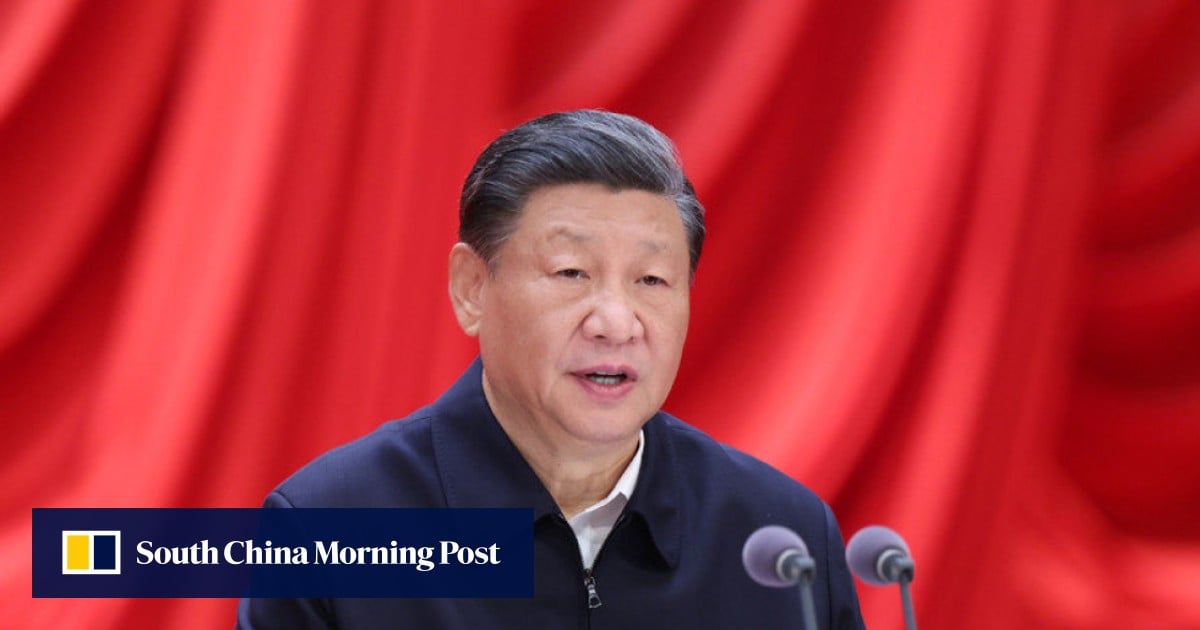Another new section explains that the party’s inspection team shall, as its top priority, check on the implementation of “major decisions and arrangements of the party’s Central Committee, especially the implementation of General Secretary Xi Jinping’s important speeches and important instructions”.
The revisions also removed three articles detailing specific corruption and disciplinary issues to watch for, which had been a top priority in the previous version, and summarised them in a single paragraph that appears after the section about implementing Xi’s instructions.
Xie Maosong, a senior researcher at the National Institute of Strategic Studies at Tsinghua University in Beijing, said the revisions made it clear that inspection work was now largely focused on how closely China’s different regions and government departments were following and executing Xi’s grand plan.
Discipline inspection, which involves sending teams of senior inspectors to screen local disciplinary problems, has been a powerful tool for the party under Xi’s leadership since 2012.
The practice gives corruption busters access to various state and party organs and state-owned enterprises so they can proactively search for leads on corruption. It has been credited by Beijing for uncovering many high-profile corruption cases.
The rules on discipline inspection were last revised in 2017.
“The focus has clearly been changed to checking on the political and work alignment of regions and government departments,” Xie said, noting that the revisions added that a key principle of inspection work was to “focus on the party’s central task and serve the big plan”.
He said that meant that when Beijing issues new directions, its inspectors will make sure party and state organs recalibrate their work, leading them in the right direction.
‘Long and arduous’ road ahead for China’s attempt to discipline party ranks
‘Long and arduous’ road ahead for China’s attempt to discipline party ranks
The new code casts the inspection net wider. Under the revised rules, key state-owned enterprises, especially financial institutions, and state-run tertiary institutions will be targets for inspection, along with party committees in government agencies.
It also gives the inspectors much wider access to local government departments – including those for propaganda, security, auditing, finance, statistics and petitions – to support inspection work when necessary.
Tsinghua’s Xie said this showed Beijing was determined to get accurate information and curb inflated official statistics.
“That is why the new code asked the inspectors to go directly to the ground for information, so they can spot misleading numbers from local governments and rectify them accordingly,” he said.







